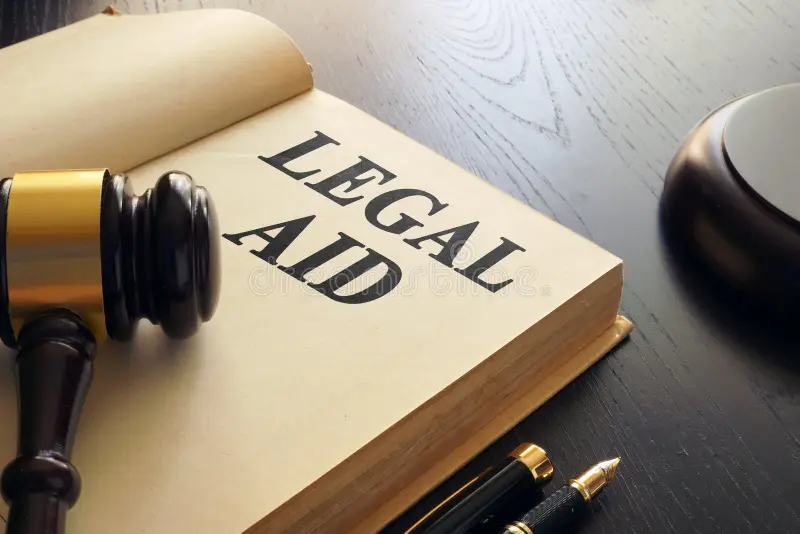
Political philosopher Charles de Montesquieu said, “In the state of nature...all men are born equal, but they cannot continue in this equality. Society makes them lose it, and they recover it only by the protection of the law.” The concept of legal aid and constitutional rights circumscribe reflections of peoples’ basic necessities. Legal aid and constitutional rightsare intricately related for the realisation of equality before law. Sometimes, a question arises as to whether legal aid is or accrues to a constitutional right. In order to find a reliable answer, one must evaluate the Constitutionin light of international documents on human rights and domestic laws.
Legal aid is a mechanism for providing legal advice and assistance to litigants and justice seekers who are otherwise unable to afford legal representation and access to the court system due to financial insolvency, destitution, helplessness and other socio-economic constrains. The concept of legal aid has been recognised in international documents on human rights including the Universal Declaration on Human Rights (UDHR), International Covenant on Civil and Political Rights (ICCPR), Commonwealth of Independent States (CIS) Convention on Human Rights and Fundamental Freedoms, Arab Charter, African Charter etc. These instruments set out specific obligations of states to provide state-funded counsel for indigent persons. On a domestic level, the concept of legal aid may be construed as a requirement for the achievement of a socialist society as enshrined in the Constitution. Furthermore, laws such as the Code of Criminal Procedure (CrPC), Code of Civil Procedure (CPC) andLegal Aid Act of 2000 prescribe state-funded legal assistance to appropriate persons.
+88 01845 986606
sdrs.prog@gmail.com
Copyright © 2010-2019 SDRS ALL RIGHTS RESERVED
Developed By :: SDRS ICT